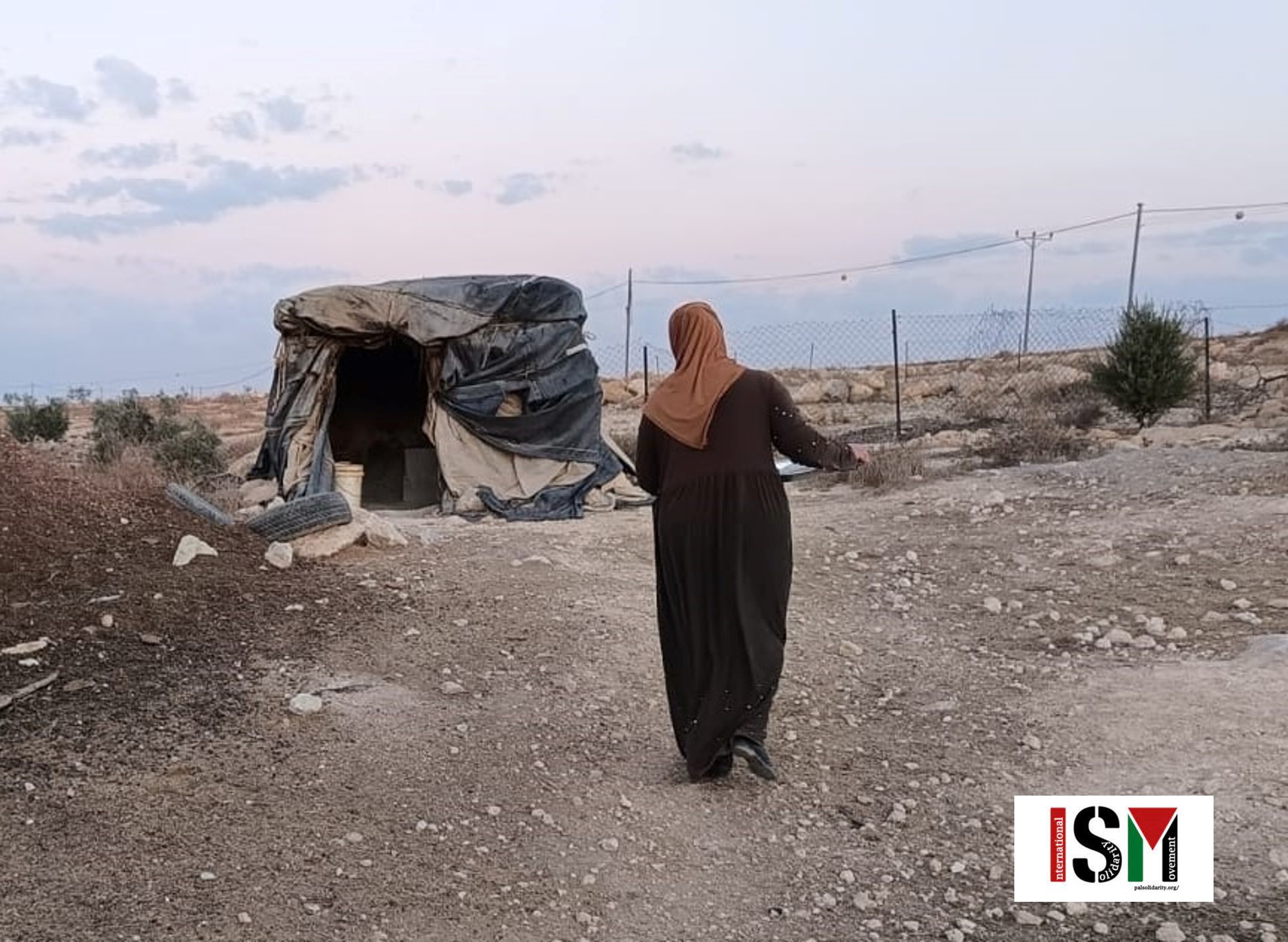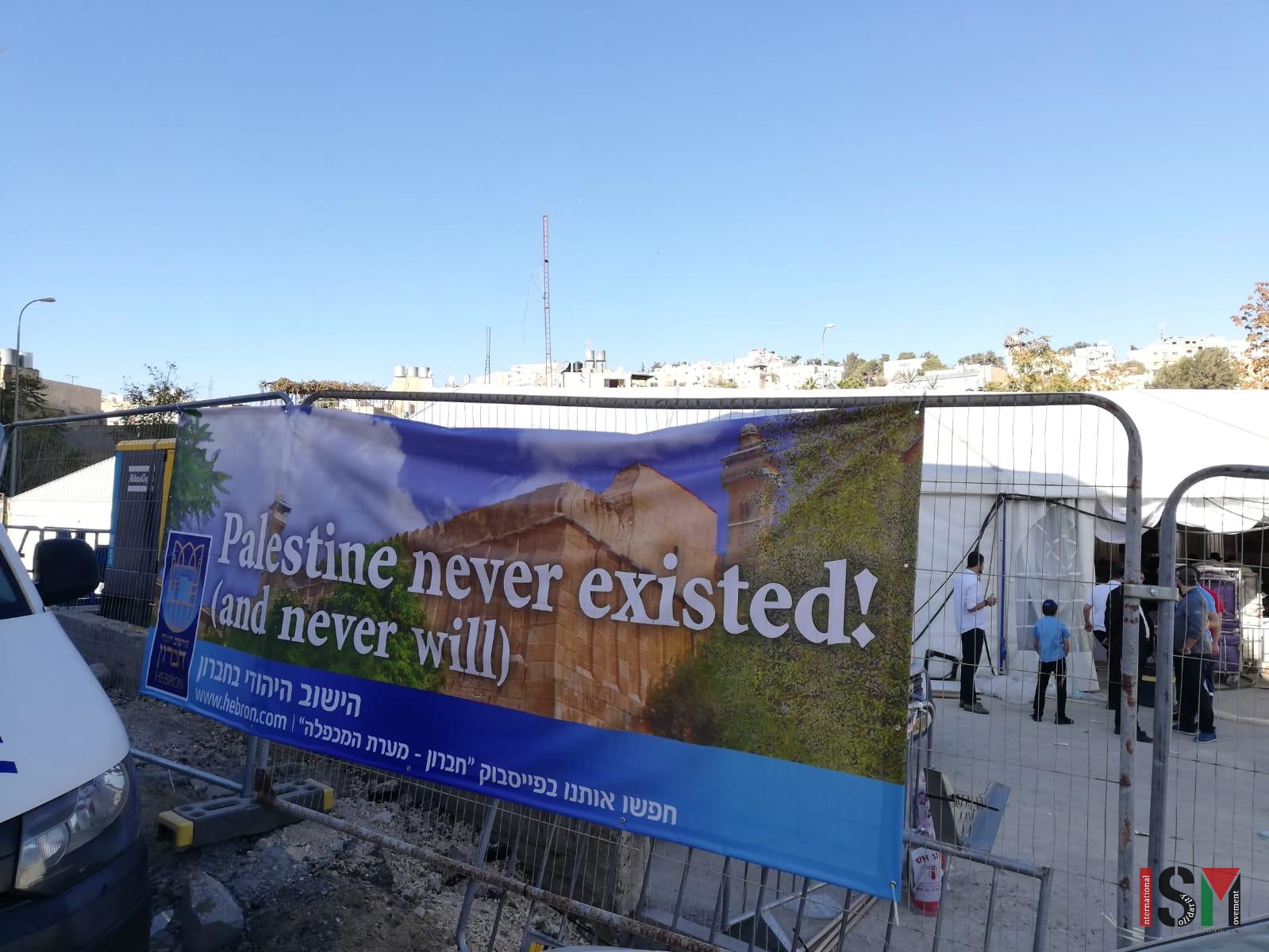Tag: israeli settlers
-

We will not be intimidated: Statement and call to action about the attacks on our group in the Israeli media
This week the International Solidarity Movement has been targeted in the Israeli media. Articles have appeared naming and showing pictures and videos of ISM Volunteers and Israeli activists accusing them of spreading ‘a false campaign against settler violence’ and of being Hamas supporters and ‘Nazi helpers’. In the current atmosphere of violence against dissent this…
-

Attacks and disruption in Al-Khalil as settlers celebrate Sarah’s Day
December 29 | International Solidarity Movement | Al-Khalil Around 30,000 settlers gathered in Al- Khalil (Hebron) on Saturday, November 19, to celebrate Sarah’s Sabbath and wreaked havoc in the Old City market, attacking Palestinians and their shops, houses and destroying cars. This happened under the watch of the Israeli army who cordoned the area so…
-

When holidays bring hate: Sarah’s Day in Occupied Hebron
For Palestinians living in Occupied Hebron, Sarah’s Day, a major Jewish holiday, means an increase in violent attacks by illegal Israeli settlers.
